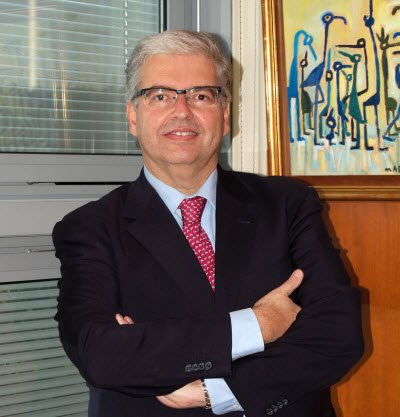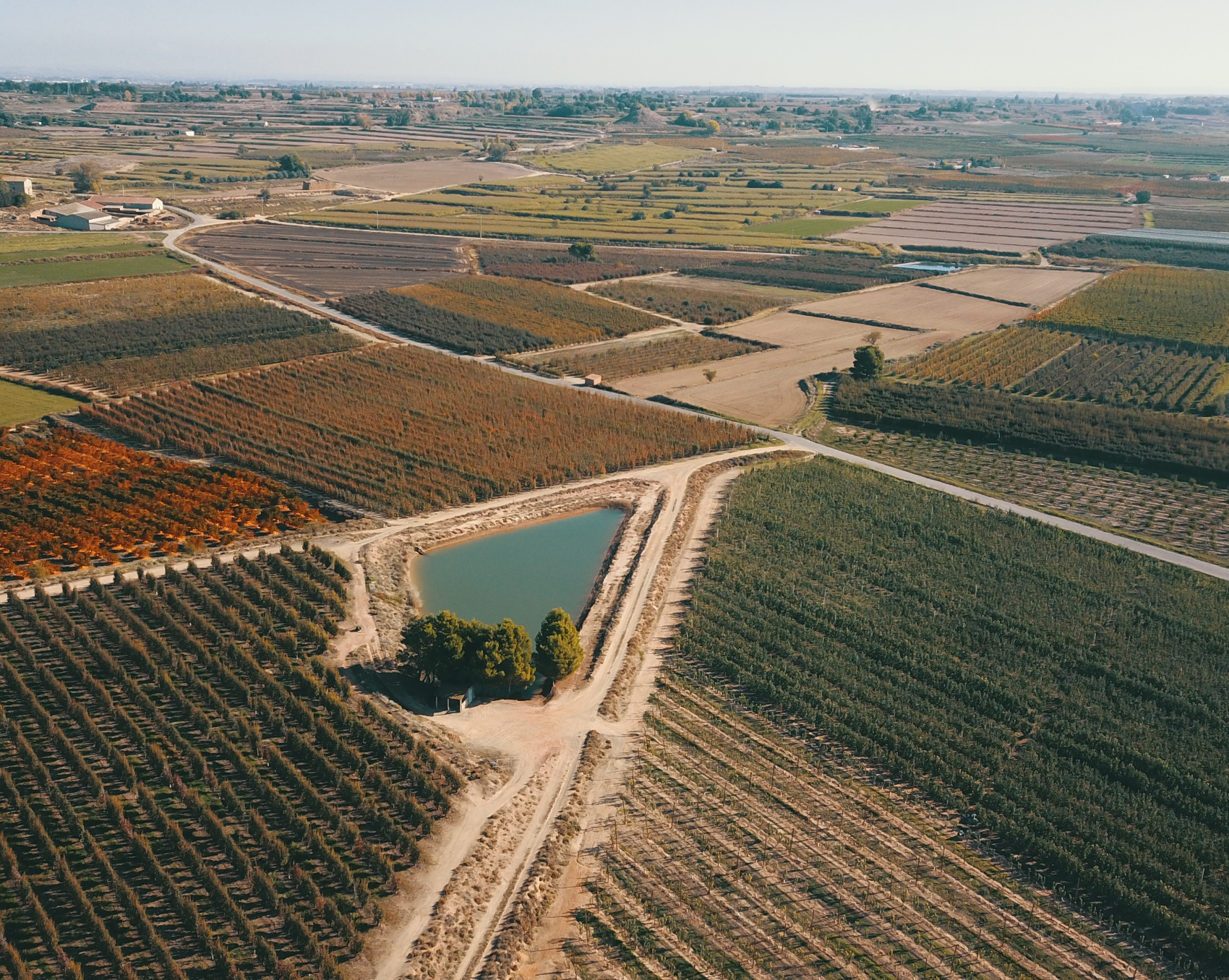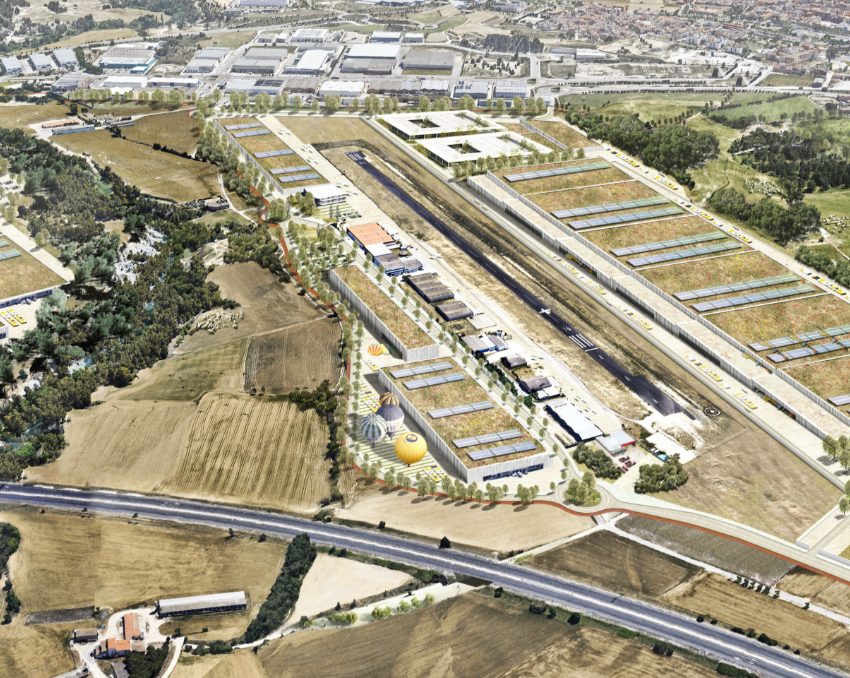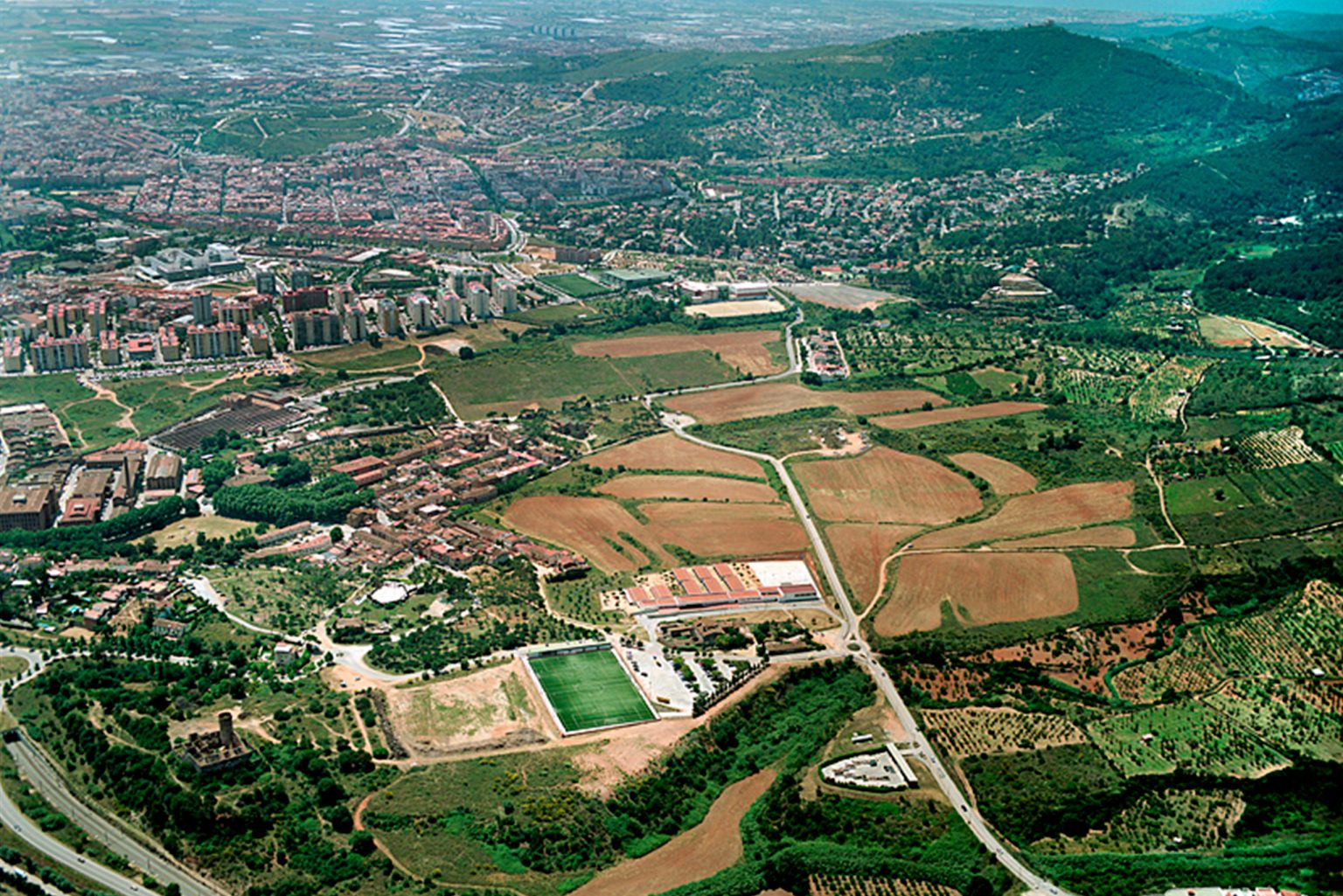Jordi Cornet, president of Barcelona-Catalunya Centre Logístic (BCL).
Jordi Cornet, special delegate of the State for the Barcelona Zona Franca Consortium, is the president of the Barcelona-Catalonia Logistics Center association (BCL). Among other initiatives, Cornet is working to promote recognition of the logistics sector, to encourage modernization and improve energy efficiency, and to raise global awareness of the quality of Catalan logistics services.
What is the Barcelona-Catalonia Logistics Center and who are its members?
BCL is a platform of approximately one hundred organizations working to improve logistics in Catalonia and to internationalize the sector. BCL is involved in developing Catalonia’s potential and logistics opportunities, seeking to boost the productivity and competitiveness of its business and industrial fabric.
It was created in 1994 by the Barcelona City Council, Zona Franca Consortium and Port of Barcelona to promote the city of Barcelona and its logistics community as the main platform to provide logistics services in southern Europe and the Mediterranean.
What are the main activities currently underway?
BCL plays two roles: promoting a logistics cluster in Catalonia, which is key for the economy as a whole and especially activity in the area of the Llobregat Delta, and, at the same time, acting as a forum for joint reflection among logistics professionals on the present and future of the Catalan logistics sector.
In order to consolidate these aims, BCL is committed to playing an active role geared towards ongoing improvement of factors that have an impact on the competitiveness of the logistics system, particularly infrastructure and how it is managed and complemented, but also other factors with a growing impact on the competitiveness of businesses, like training, regulatory and legal issues, and R&D&i activities.
In order to develop these lines of action, the organization is structured into specific work committees, which are participative and open to all members. What we ask is that they get involved in identifying the hottest issues of the moment and meet once a quarter.
Which sectors of logistics activity are the member businesses and institutions from?
BCL is a meeting point for end users, service providers and facility managers in transport and logistics. In this sense, BCL is always analyzing, debating and reflecting on the sector, involving companies, users, planners and facilities managers. And this potential for teamwork among all these stakeholders is what BCL is all about.
In order to carry out these tasks, we work closely with various institutions in the country, from both the political and business arenas, as well as numerous representatives from the logistics sector and its final users.
Barcelona and Catalonia are now considered the main logistics hub in the Mediterranean. What are the keys behind this fact?
The Mediterranean is the natural route of maritime trade between Europe and Asia. The growing importance of these commercial relations is an opportunity for all of the Mediterranean rim, whose ports and logistics assets will help optimize transport operations that, so far, have mainly run along the Atlantic rim in northern Europe. Also, routes to South America and northern Africa, which are gaining importance in terms of international trade.
Faced with this trend, the ports in the Mediterranean are preparing to boost activity and become a benchmark hub, offering better services for their logistics, industrial and commercial networks. And Barcelona and Catalonia play a key role in this functional structure given the quantity and quality of services and infrastructure on offer.
Moreover, Catalonia is well consolidated as the main center of trade between the Iberian peninsula and Europe. Catalonia’s logistics focus on Europe, both in territorial and economic terms, will be further strengthened by fundamental actions like direct rail connection to the French border at UIC gauge and increased short-sea shipping services and sea highways between ports on either side of the Mediterranean.
Barcelona has become a global logistics showcase these days with the International Logistics Exhibition (SIL) and the Supply Chain and Logistics Summit. What does this type of event mean for the city?
These two events strengthen Barcelona’s place as the logistics capital of southern Europe and the Mediterranean. They are both cause and consequence of this fact. Holding these events makes Barcelona more competitive globally and, at the same time, they are held in Barcelona precisely because of the city’s ability to attract and concentrate logistics activity.
Additionally, their complementariness is very interesting. On one hand, SIL brings together investors and buyers from the whole logistics chain and includes the Mediterranean Logistics and Transport Forum, with international business leaders, directors of the main ports in the world, transport companies, cargo owners, ship owners, rail and terminal operators, and companies with links to the sector.
On the other hand, the European Supply Chain and Logistics Summit is the benchmark logistics congress in Europe for directors and heads of logistics at the main companies around the world to share their experience and expertise. Holding them both in Barcelona is a great opportunity for the Catalan logistics sector to raise awareness of our offering of infrastructure and services, as well as our privileged location with regard to Europe and the Mediterranean.
Taking into account the number of companies, jobs and total surface area devoted to the activity, the logistics sector is the main driving force of the economy in our country. What are the challenges it will have to face in the future?
The first challenge is recognition that logistics is a strategic sector in Catalonia’s economy. It’s not just a question of allowing it to happen, we have to consolidate this sector as a driving force for the economy.
Another challenge is to properly prioritize pending investment, given that the economic situation has highlighted the need to apply transparent technical models for assessing investment in infrastructure to allow us to prioritize investment according to profitability and contribution to the productive economy.
And the final and possibly most important challenge is to continue improving Catalonia’s positioning in the global logistics market, as a reflection of the internationalization of the Catalan economy and the strength of the local production and commercial sectors, whose global competitiveness will be determined in large part by their logistics activity, which is the end goal.










Subscribe our Newsletter
Subscribe
Follow us on social